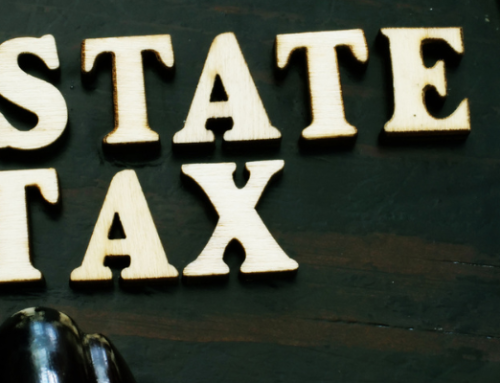By Dwight Buracker, CPA, CVA
The Business Valuation Team at PBMares put together this 4-part series to help you navigate and better understand the entire valuation process.
This last installment will highlight two additional components that a business valuation expert will consider: ownership interest and related discounts.
Ownership Interest
Before a final value can be determined, the nature of the underlying ownership interest — or the stake the owner has in the company — must be considered.
The valuation of ownership interest is influenced by discounts related to lack of control and lack of marketability.
- Whether the company is publicly traded or closely held will impact the ownership interest’s degree of liquidity.
How marketable a company is differs significantly for a private company and a company with publicly traded stock.
In the case of a company with publicly traded stock, the owner can ascertain the market value of their holding at any point in time. Because the holdings can be sold for cash within just a few business days, this type of ownership interest tends to be more marketable.
In the case of a privately held company, the owner will likely encounter a more complicated process and more uncertainties when selling their ownership interest. Therefore, this type of ownership interest is less marketable (or sometimes non-marketable) and, as such, the ownership interest for a privately held company may be discounted for lack of marketability.
Discounts for lack of marketability can range from as low as 20% to as high as 45%.
- The valuation expert will consider whether the ownership interest being valued has control over the subject company, and, if so, to what degree. In order for an owner to have control in a company, he or she must possess at least 51% of ownership interest.
Controlling owners have the authority over various areas of the business, including:
- Setting company policies
- Appointing management
- Electing directors
- Establishing management compensation
- Determining cash dividends and distribution arrangements
- Purchasing and selling assets
- Deciding when and how to sell the company itself
A non-controlling interest, anything less than 51% ownership interest, does not provide for the above authorities and, as a result, is typically less marketable. Therefore, a discount may be applied when calculating the value of a non-controlling ownership interest.
Discounts for lack of control can range from as low of 20% to as high as 35%.
Learn More
To prepare your business for valuation, we recommend discussing each of the considerations outlined in this series with a valuation professional to ensure the proper methodologies are applied and any discounts to value are appropriately calculated based on the underlying ownership interest.
Valuation can be a controversial and complex process. Take action to make the process manageable.
PBMares’ Business Valuation Team provides clients with objective and independent analyses of value covering a broad spectrum of needs.
From financial and tax reporting to litigation support for complex valuation situations, leverage the extensive experience of our expert team to provide an accurate assessment of value for your business.





